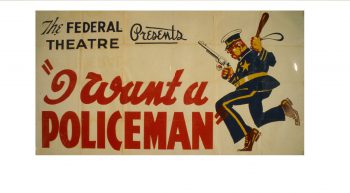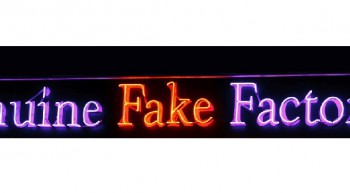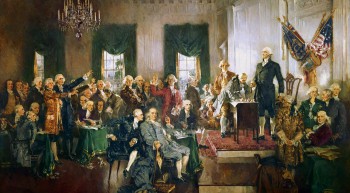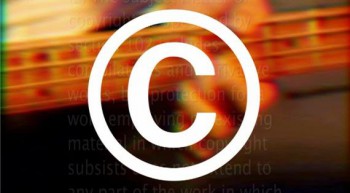Monday, April 18, 2016 saw the Supreme Court of the United States deny the Author’s Guild petition for writ of certiorari in the long running lawsuit against Google and their mass digitization of library books. Google had scanned complete copies of books provided to them by participating libraries and made them searchable, and when asked, displayed verbatim portions of the text. The Second Circuit had pronounced this “transformative” even though the copies were “mirror images” of the original texts. The Eleventh Circuit, by contrast, has ruled that mirror image copies are not “transformative” as has the Sixth Circuit. What’s going on here? Nova Southeastern University's Copyright Officer, Stephen Carlisle, J.D., looks at the cases and the reasoning, and suggests that maybe it’s just as well the Supreme Court passed this one up.









